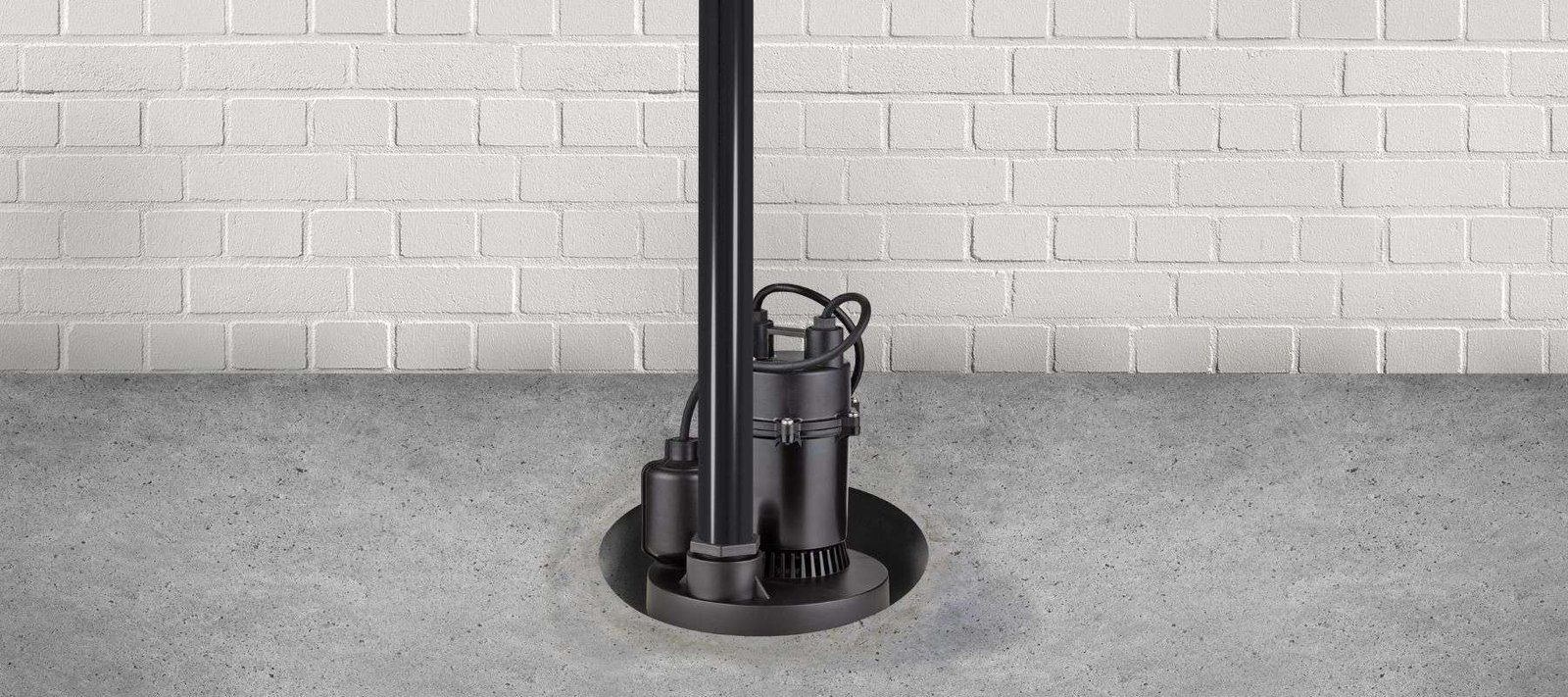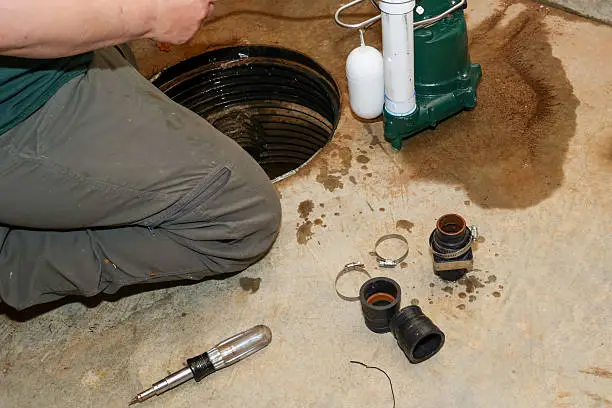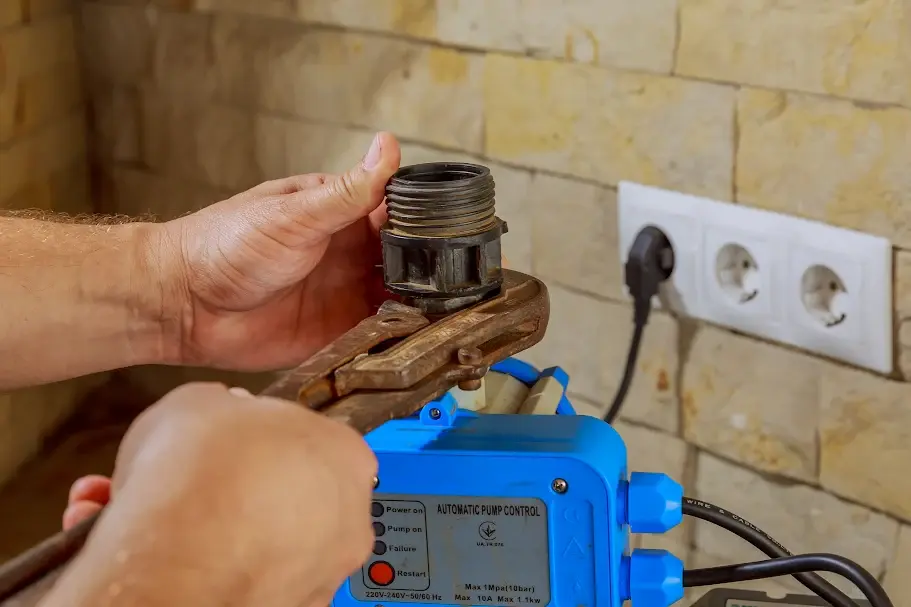
Making an Informed Decision for Your Basement Waterproofing Needs
Understanding The Importance Of Choosing The Right Sump Pump
The right sump pump can be a game-changer in maintaining a dry, damage-free basement. Choosing a pump well-suited to your home’s specific needs ensures optimal water management and prevents costly water damage. But what factors should you consider when selecting the best sump pump for your basement? Let’s dive into that.
The first factor to think about is the horsepower of the pump. This is a direct measure of the pump’s ability to move water. A pump with too little power may fail during a heavy storm, while one with too much might unnecessarily raise your electric bill. Assess your home’s risk of flooding and choose a pump with adequate power.
The type of switch mechanism is another important consideration. Tethered and vertical float switches are common, each with benefits and downsides. Tethered switches last longer and cycle less frequently, while vertical switches are ideal for narrower pits but may require more frequent replacement.
Also, evaluate the need for a backup system. A battery or water-powered backup pump can be a lifesaver if the primary pump fails or if there’s a power outage. A backup system is highly recommended, especially in regions prone to severe weather.
Lastly, consider the material of the pump. Pumps made of cast iron are more durable, but also pricier, while those made of thermoplastic are more affordable, but may only last for a while.
The best sump pump for your basement will depend on your specific needs and circumstances. By considering the type, power, switch mechanism, need for a backup system, and material, you can select a sump pump that will keep your basement dry and damage-free for years to come.
Types Of Sump Pumps
There are two main types of sump pumps: pedestal and submersible. Pedestal pumps are more economical and easier to maintain, but they’re also noisier and less visually appealing. Submersible pumps are more expensive, but they operate quietly and can handle larger volumes of water. Your choice will depend on your specific needs and preferences, including your budget, noise tolerance, and the amount of water you expect to handle.
Sump Basin Size
The size of your sump basin, also known as a sump pit, plays a significant role in selecting the right pump. Larger basins allow for bigger pumps that can handle more water. If you live in a high-water-table area or an area prone to heavy rainfalls, a larger basin with a powerful pump is usually the best choice.
Pump Power And Capacity
You need to consider the horsepower of the pump, which indicates its power and capacity to move water. A 1/3 horsepower pump is sufficient for most homes, but if your home is prone to heavy flooding, you might need a 1/2 horsepower or even a 3/4 horsepower pump.
Battery Backup System
Consider investing in a sump pump with a battery backup system. Power outages often occur during heavy storms—the same time your sump pump needs to work the hardest. A backup system ensures that your pump continues to operate even during a power outage, providing you with additional peace of mind.
Trust Sump Pump Wizards To Help You Choose The Right Sump Pump
At Sump Pump Wizards, we are committed to helping homeowners make the right choices when it comes to their basement waterproofing needs. Our team of experts can guide you through the process of choosing the perfect sump pump for your basement, taking into consideration all necessary factors. With Sump Pump Wizards, you can be assured of getting the right solution for your home. Contact us today to learn more!




